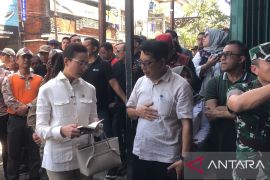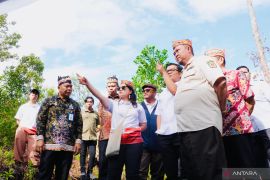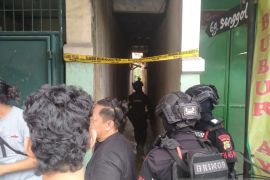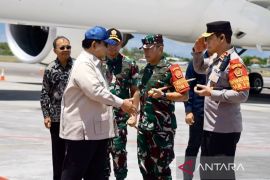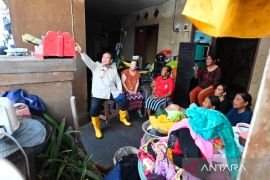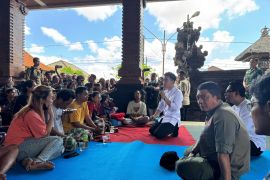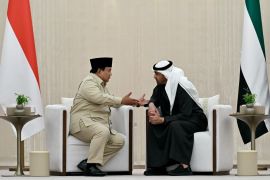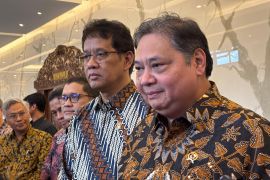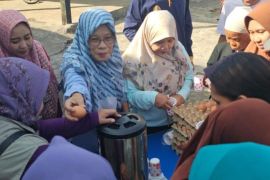"The system will be implemented in January 2015, which is the beginning of the fiscal year," finance minister Bambang Brodjonegoro said here on Thursday.
According to him, the scheme will be included in the revised 2015 budget that will be submitted in the House of Representatives in January.
He revealed that the measure of subsidy, however, has yet to be confirmed as it will be decided only after consultations with President Joko Widodo.
"We have prepared several options such as to determine subsidy based on the price of oil as well as exchange rate," he added.
He pointed out that the assumption of the rupiah exchange rate will change in the revised 2015 budget. However, it will only be determined on the basis of 2014s average rate.
Bambang explained that with a fixed subsidy, the price of fuel oils will remain constant even when the rate of exchange and world oil prices change.
As a consequence, he said, the retail prices of gasoline and diesel will often change with market trends because it is not protected by any flexibility of subsidy.
Senior economist with the Union Bank of Switzerland (UBS) EdwRd Teather has called the decision to introduce a fixed subsidy system a positive effort that will make fiscal conditions healthier.
However, he cautioned, the government should anticipate possible pressure on the peoples buying power if world oil prices go up and the rupiah exchange rate fluctuates.(*)
Editor: Heru Purwanto
Copyright © ANTARA 2014
